
views
New Delhi: International Atomic Energy Agency (IAEA) Chief Mohammed El Baradei and IAEA Board of Governors Chairman Yukiya Amano of Japan recieved the Nobel peace prize in Oslo on Saturday.
Announced as laureates in October, ElBaradei and the IAEA Chairman shared the Peace Prize for their work to prevent the spread of nuclear arms and promote the safe use of atomic power.
The prize includes $1.3 million, a gold medal and a diploma at a formal ceremony in Oslo's City Hall.
The Nobel Peace Committee says it has honoured El Baradei and IAEA Chairman for the "efforts to prevent the spread of nuclear weapons and to ensure the safe civilian use of nuclear energy."
ElBaradei, the Egyptian head of the United Nations' nuclear watchdog, said the world has 27,000 nuclear warheads and that is "27,000 too many".
"The hard part is how do we create an environment in which nuclear weapons ? like slavery or genocide ? are regarded as a taboo and a historical anomaly?" ElBaradei said in his speech.
The world faces multiple threats and has asked the international community to abandon nuclear weapons to secure world peace, he added.
The top threat is the possibility of extremist groups getting hold of nuclear material to make nuclear bombs. The second biggest danger is the transfer of technology and global nuclear proliferation, says El Baradei.
Talking about Iran, he hoped the country's outstanding nuclear issues would be sorted out by next year.
"The international community is losing patience and that is why I hope and trust that Iran will show the necessary transparency, the necessary cooperation so we clear the past within the coming the year. Obviously, not the end of an inspection as we do everywhere else. We'll continue to be on the ground in Iran all the time as we do in every other country."
ElBaradei said the world faced ''threats without borders'' that could not be tackled by building walls, developing bigger weapons or dispatching troops, but only through multilateral cooperation.
PAGE_BREAK
Those threats are weapons of mass destruction, terrorism, organised crime, armed conflict, poverty, infectious disease and environmental degradation, ElBaradei said.
"We must ensure ? absolutely that no more countries acquire these deadly weapons," he said, adding, "We must see to it that nuclear-weapon states take concrete steps towards nuclear disarmament."
A security system that does not rely on nuclear deterrence should be put in place, he said.
He urged three concrete actions: better protection of nuclear material and a strengthened system of verification, control of the nuclear fuel cycle and accelerated disarmament efforts.
El Baradei said winning the prestigious prize has boosted the IAEA's visibility, authority and credibility worldwide. He pointed out IAEA's information about Iraq not having any Weapons of Mass Destruction had been proved right.










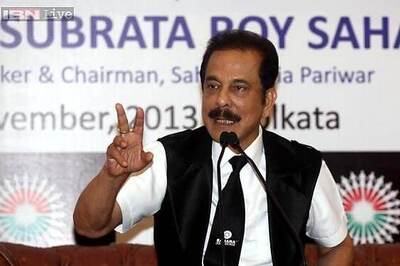


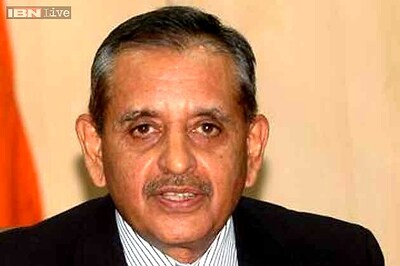

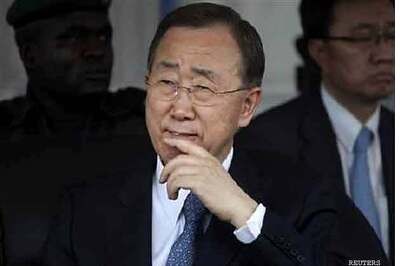
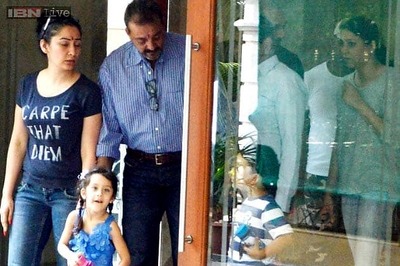
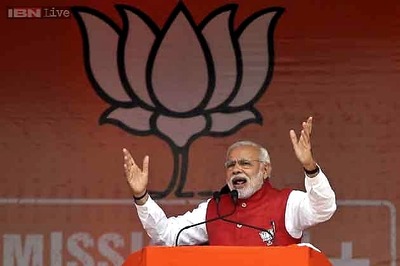
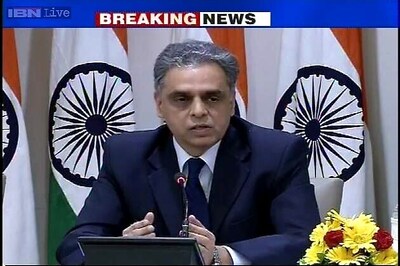
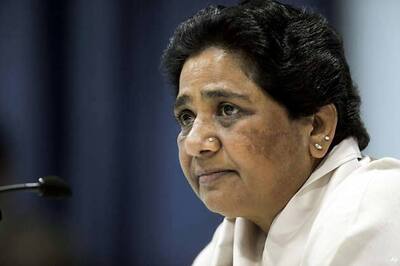
Comments
0 comment